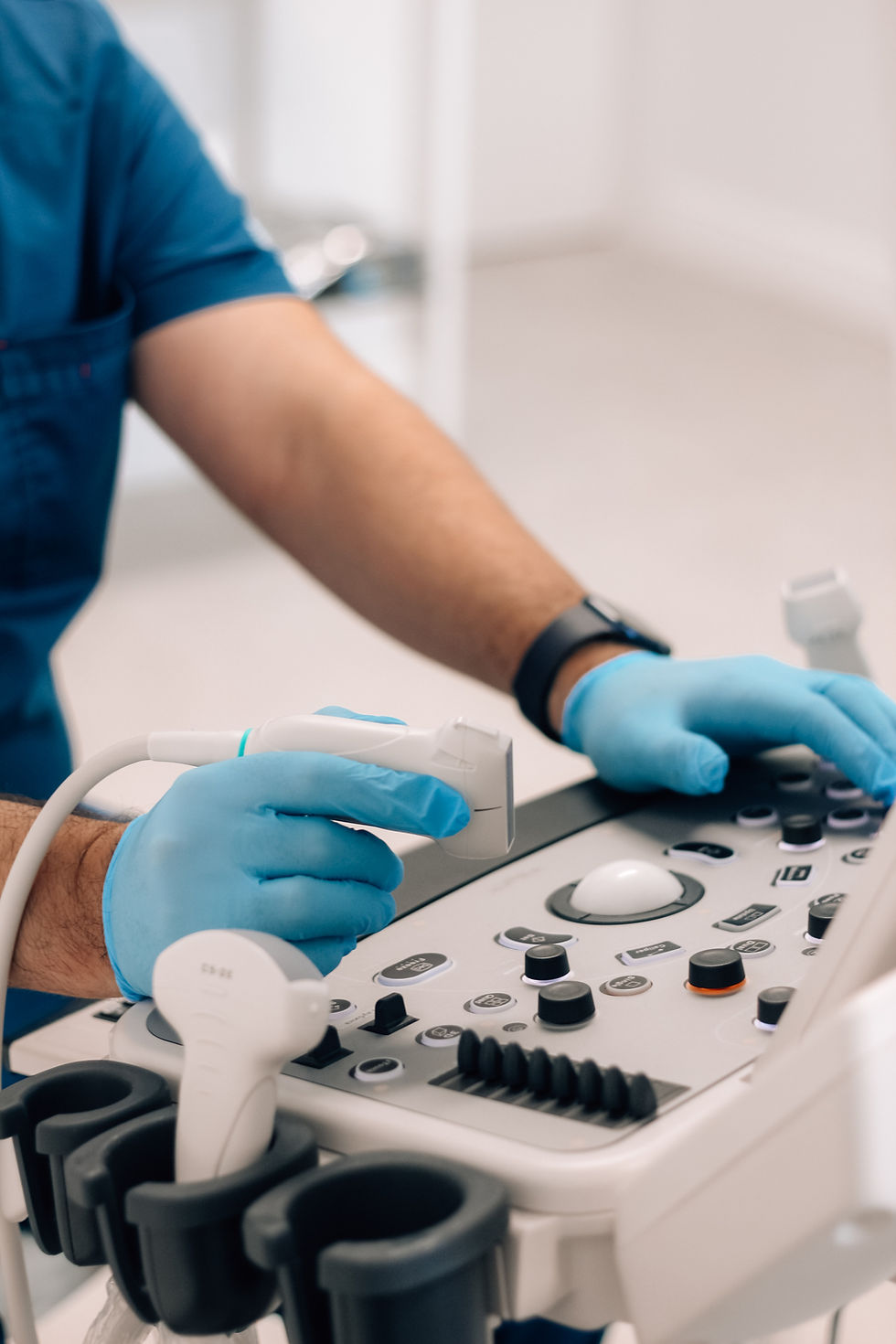Hay Fever
- Adrienne Dang
- Nov 28, 2022
- 2 min read

If you’ve struggled with the following symptoms: sneezing, congestion, a runny nose, and itchy eyes, mouth, or skin, or fatigue– you may be suffering from hay fever, or allergic rhinitis. This group of symptoms that predominantly affects the nose occurs when the body’s immune system recognizes and overreacts to an otherwise neutral stimulus in the environment. Allergic rhinitis can profoundly impact your quality of life with nasal obstruction often disrupting sleep, this can even lead to fatigue, irritability, and decreased focus throughout the day.
Allergic rhinitis can either be seasonal, in which symptoms are exacerbated during the spring, summer, or early fall seasons due to outdoor allergies to airborne mold spores or tree and grass pollens, or perennial, in which symptoms appear year-round in response to indoor allergens such as dust mites, pet hair or dander, etc. Other environmental irritants such as perfumes or cigarette smoke can also trigger symptoms of hay fever. Consulting with an allergist is the best way to diagnose your allergic rhinitis and help identify your triggers. Your allergist may take a detailed history of your home and work environments, the frequency and severity of your symptoms, and your family medical history. To identify your specific environmental allergies, a skin prick test may be done, also known as a percutaneous test, in which a tiny drop of a possible allergen is pricked into the skin.
The first approach to managing hay fever symptoms is reducing exposure to or avoiding allergens altogether. Some common suggestions from your allergist may include:
For outdoor, seasonal allergies-
Staying indoors when pollen count is high and when wind is blowing pollens around
Wearing glasses or sunglasses when outdoors to reduce amount of pollen entering your eyes
For indoor/perennial allergies-
To limit mold exposure, use a dehumidifier in damp, humid areas of your home. Clean visible mold.
Keep windows closed and use air conditioning in your car and home. Make sure to keep your AC unit clean.
To reduce dust mite exposure, use mite-proof covers for pillows, mattresses, and comforters. Wash bedding often with hot water.
For pet allergies, wash hands after petting animals. Wash clothes after contact with pets. Keep pets out of home as much as possible.
If exposure to allergens is unavoidable, certain medications may be suggested to manage your symptoms. Some examples include:
Antihistamines, which counter the effect of histamines, the chemical released in your body during an allergic reaction that causes irritation and can help relieve nasal allergy symptoms
Intranasal corticosteroids, which can significantly reduce nasal congestion, sneezing, itching, and a runny nose, are designed to have the effect of steroids without the common side effects of those taken by injection or orally.
Decongestants, which help relieve stuffiness and pressure caused by swollen nasal tissue
For individuals who do not see improvement with medications and are seeking a more permanent solution to their symptoms, immunotherapy shots or sublingual drops may be the best treatment option. Immunotherapy helps the body build tolerance against specific allergens, thereby reducing the intensity of allergic rhinitis symptoms.
If you or a loved one is suffering from hay fever, consult with allergist immunologist Dr. Sandra Ho who can work with you to identify your triggers and customize a treatment plan to manage your symptoms.



Comments